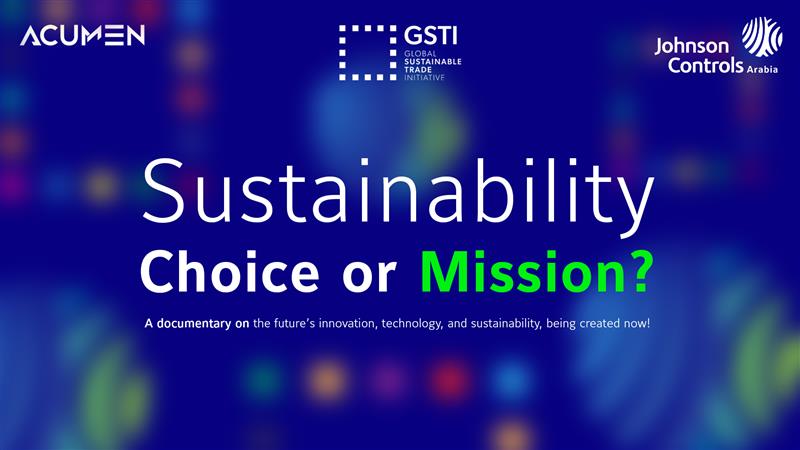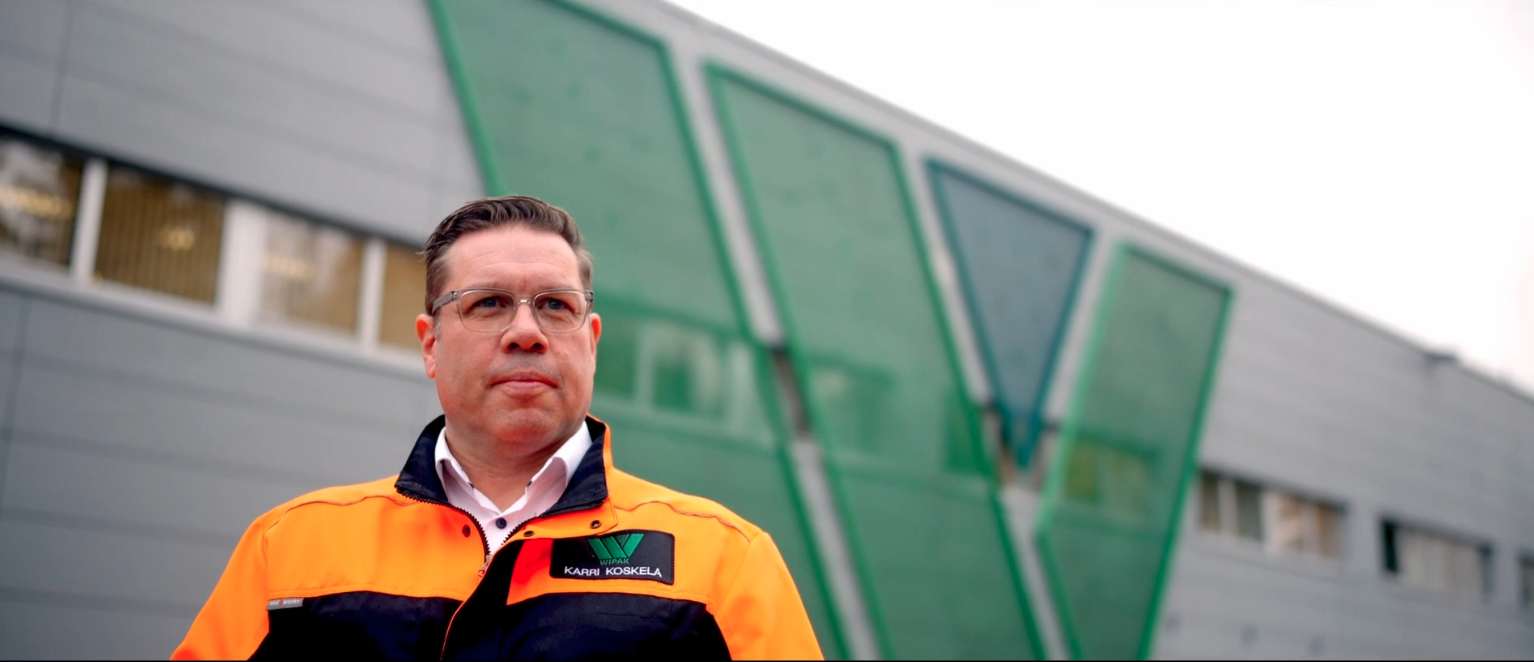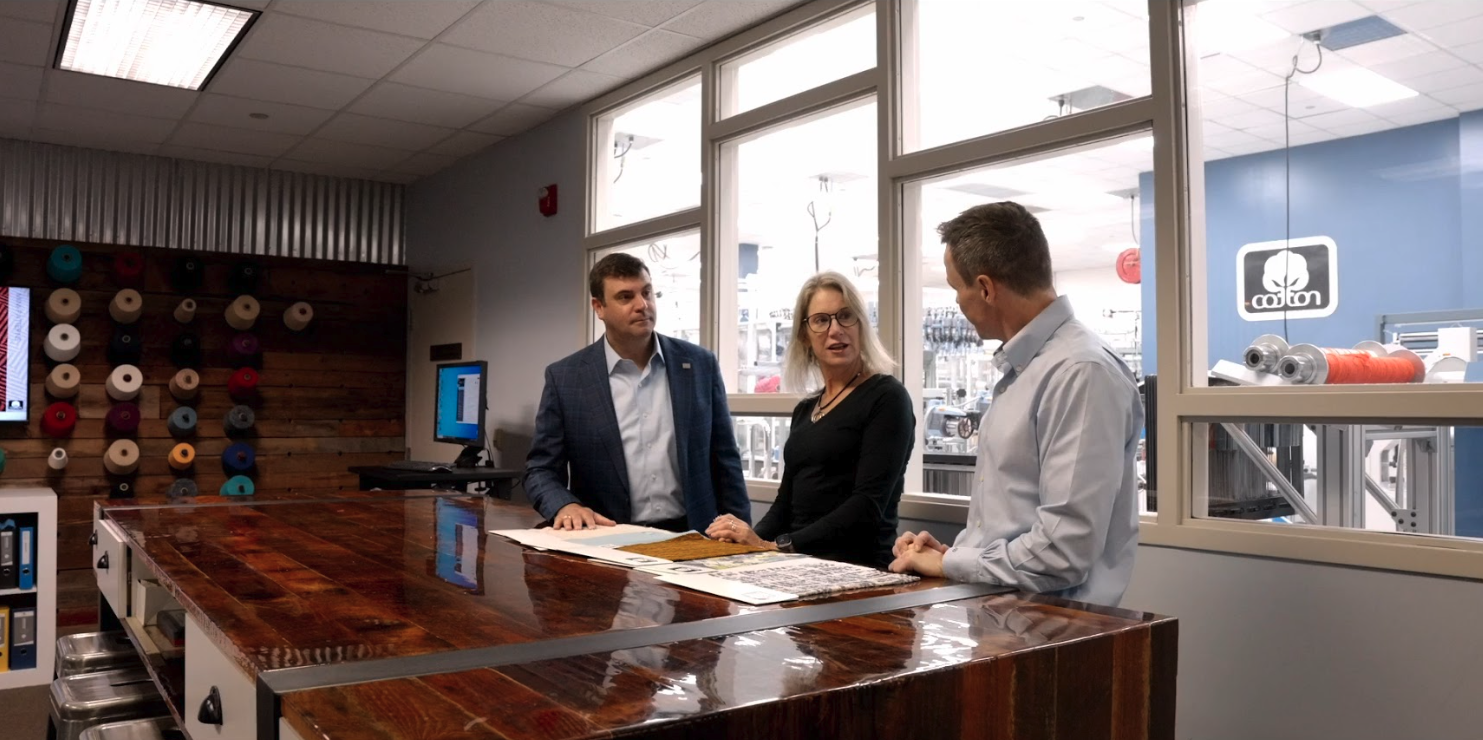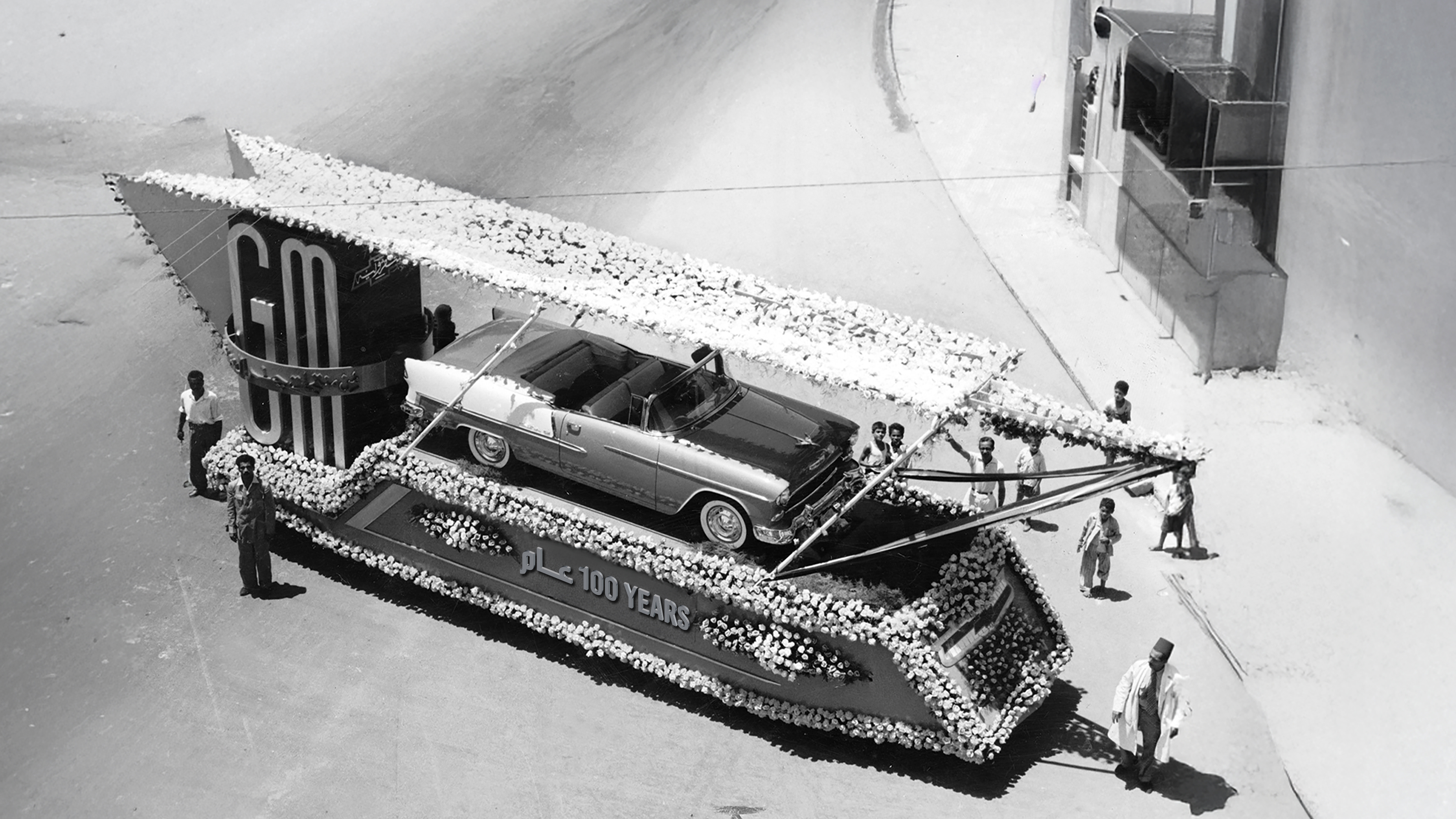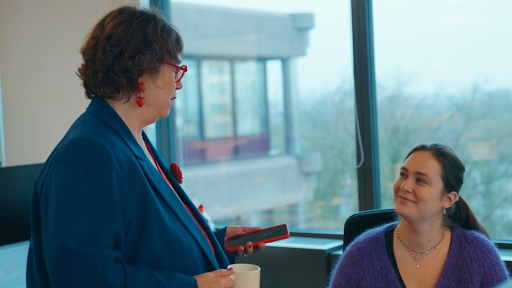Native Brazilian Plant Quickens Energy Transition

Acelen Renewables pioneers a unique initiative by using macauba as an alternative for decarbonizing the aviation sector
Acelen Renewables Leads Energy Transition with Sustainable Aviation Fuel
According to a survey conducted by Deloitte in 2023, climate change is one of the top priorities for companies’ top management. In addition to diversifying investments in energy transition around the world, their effort to present and implement decarbonization plans is great.
The amount of greenhouse gases in the atmosphere has increased over time, heating it up. The transportation sector is responsible for around 23% of total global emissions of such gases. Aviation accounts for almost 12% of this, which means that this sector emits more than 2% of total global emissions. Therefore, getting aviation to reduce its emissions will be crucial for the future of our planet.
The industry sector needs to come up with some measures to deal with this reality. At Acelen Renewables, we believe that sustainable aviation fuel (SAF), made from vegetable or animal oils, is the main bet to decarbonize aviation worldwide because SAF can emit up to 80% less carbon than aviation kerosene. And the demand for the product worldwide is surely increasing.

Innovative Energy Solutions: Acelen Renewables’ Macauba Initiative
Acelen Renewables’ bet on macauba is innovative. The crop of macauba alone has a very strong capacity to capture and retain CO2 from the atmosphere. We believe that 200,000 hectares of planted macauba can generate around 60 million tons of captured CO2 over almost 20 years. Macauba’s can further reduce CO2 emissions thanks to the fuels to be made from its fruits, which makes this unique initiative by Acelen Renewables a very significant contribution to energy transition.
Macauba is a native Brazilian plant with a high energy yield. What does that mean? The quantity of oil per hectare per year that can be extracted from macauba is seven to eight times greater than that extracted from soybean, for example, which makes it very competitive in terms of cost. Another advantage is that macauba can withstand greater temperature variations and can be planted in degraded areas, especially in semi-arid regions.
It’s encouraging to see initiatives that seek innovative and collaborative solutions to address global environmental challenges. And we are doing our part. We all share this planet and we need to work together to find sustainable solutions.
From the Brazilian-native seeds that will be planted, and which will be cultivated for the first time on a commercial scale, to the production of HVO and SAF, our project is robust and has the potential to change the aviation industry decarbonization worldwide.



